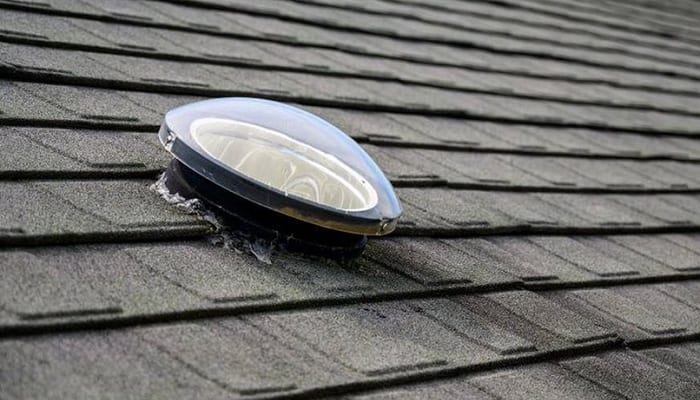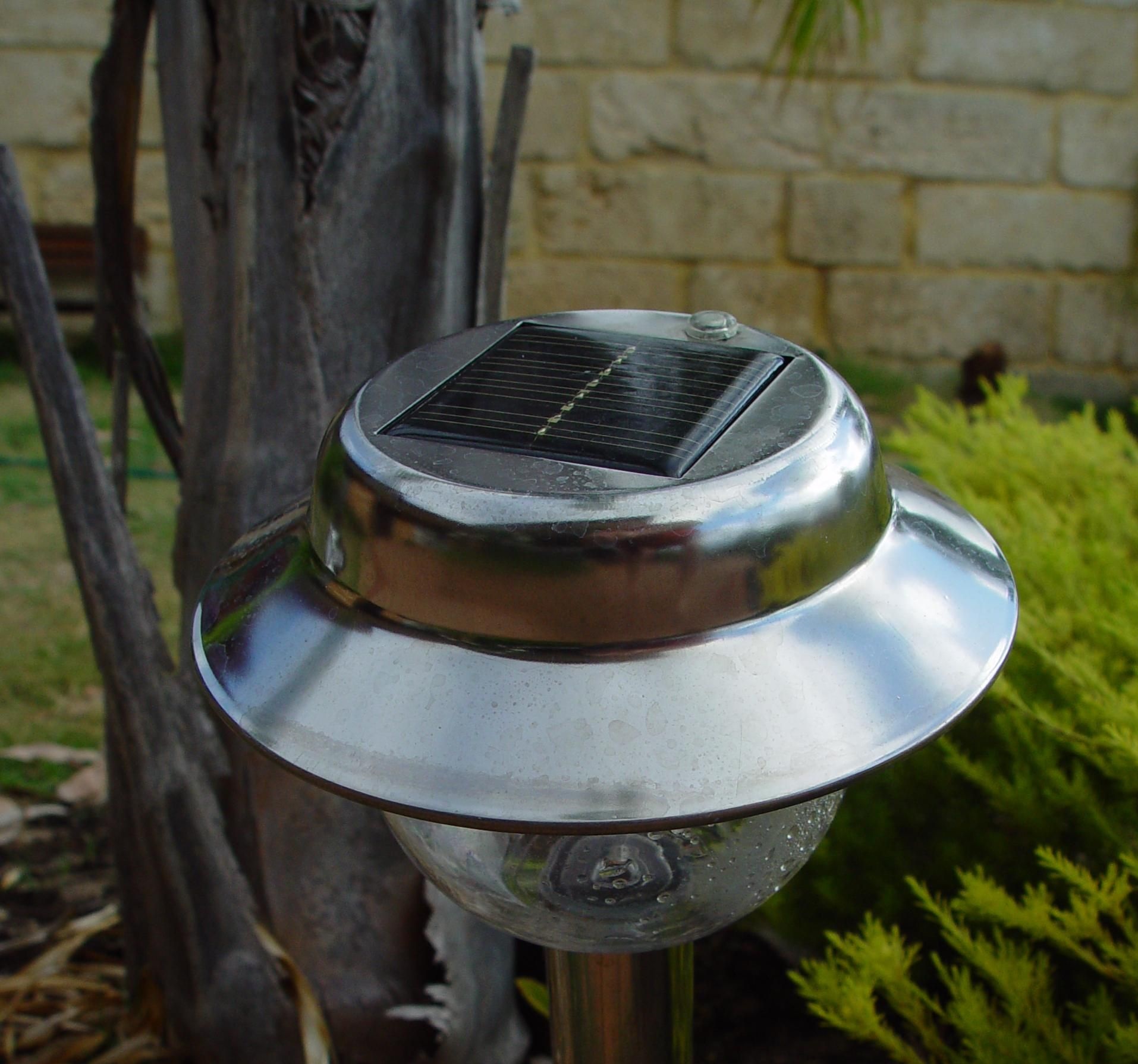Federal solar incentives have been increasing dramatically over the past ten years and will help you simultaneously save on your energy bills and your taxes. If this sounds a little too good to be true then you clearly haven’t heard about federal solar incentives yet! Believe me, it’s possible. Solar energy is a big part of our future and with our population continuing to grow, the government can’t provide sustainable energy production all on their own. You can help by stepping in and taking advantage of generous federal solar incentives that allow you to get solar and create greener power for your family at a far cheaper cost than normal. In this article, I go in depth into federal solar incentives, how they work, and how you’ll benefit from them. Going solar is never a bad idea, and federal incentives make it even more rewarding.
What Are Federal Solar Incentives?
Federal solar incentives were set up by the US government. The goal of these is to motivate homeowners to switch to solar power and reduce their carbon footprint. This incentive is in the form of tax credit and gives you a discount when paying your federal income tax.
This amount is a percentage of the total cost of your solar panels. The current percentage you claim on your initial solar panel cost is 30%. This means you can get a tax credit of $3000 on a $10 000 solar panel system. There are some conditions when applying for a solar incentive. Don’t be discouraged because these conditions aren’t too complicated and easy to meet.
Some Solar Incentive Conditions:
- You need to be the owner of the new solar panels. Buying them on behalf of someone else or renting the system will exclude you from this federal incentive.
- You don’t have to be the property owner. If your solar panels are mounted on a rented property, you may still be able to claim the tax credit from ITC. However, one of the conditions is that you don’t qualify if you rent the property to someone else.
- The solar panels can be purchased however you want, as long as you keep the proof of purchase. You can make a cash purchase or use financing to buy it.
- You can’t qualify when buying used solar panels. The government wants to encourage users to purchase new systems.
Most people are unaware that federal solar incentives don’t just reward your solar panel purchases. You can get tax credits on any solar-related appliances you purchase in the current tax year. The labor costs required in the installation, additional equipment like inverters and wires, and even the batteries are also included. All of these purchases need to be brand new. Is suggest jumping on the solar wagon as soon as possible. There are whispers that the incentive might get canceled by 2034.
The Benefits of Solar Panels
Solar power holds many benefits for you and the environment. This is the main reason why the federal government tries to motivate you to go solar.
Tax Credits: This is a pretty self-explanatory benefit. Tax credits save you money monthly. You need to pay income tax if you earn more than a certain amount in a year. A bracket pardons you from income tax, but it’s only for low-income households.
The percentage of your hard-earned income you give to the state can be very disheartening. Luckily, there’s hope if you spend some money on solar panels and go off the grid completely! You could save some money on income tax every month for an entire tax year.
No Electrical Bills: Free electricity is the leading reason people switch to solar. Solar power is generated from energy harvested through sun rays, which is 100% free. You could eliminate high electricity by going solar. It’s as easy as mounting panels to your roof!
Eco-friendly: Solar is the most eco-friendly way of generating power. You can significantly reduce your carbon footprint by switching to solar power.
Unlike other electricity sources, fossil fuels don’t get burned to generate solar power. No hazardous gasses get omitted, and solar panels have a long lifetime.
Unlimited Power: This may sound like something fit for a movie villain, but it relates to solar power! Having unlimited electricity will mean no blackouts. You’ll have power whenever the sun’s shining, and if you invest in a good battery pack, you can store energy for nighttime use or when it’s cloudy.

How Federal Solar Incentives Help You
Federal incentives are put in place to motivate people to do something. In this case, the government is trying to get you to switch from fossil fuel electricity to a more sustainable option. Here are more benefits incentives have:
Solar Incentives Reduce Your Income Taxes
Paying less yearly tax is a great reason to opt for this federal government incentive. You’ll get solar panels, save on power bills, and reduce your income tax! These incentives can help you claim back 30% of the amount you spent on solar panels. This will be deducted from your federal income taxes.

Incentives Motivate You To Go Off The Grid
If this is the last bit of motivation you need to buy solar panels and get off the grid, take it! Incentives are a strange strategy, but it works. How bizarre is it that the government will help you save money so you can stop giving them money?
Incentives Indirectly Save The Earth
Solar incentives don’t only benefit you. Every time a household takes the government up on this offer, less coal is burned. When more people switch to solar power, the environment gets greener.
Before You Get Going
The cost of installing a solar setup can take a massive chunk of your budget. This is why many people simply decide to push it down their list. Having access to a federal solar incentive should make you reconsider. You can now earn back money by benefiting yourself. Using solar power will ensure your energy needs are still met while you’re causing less harm to the environment. Making this switch is vital. I hope this article motivated you to take a closer look at federal solar incentives and solar power. If you have more questions, ask them in the comments!



